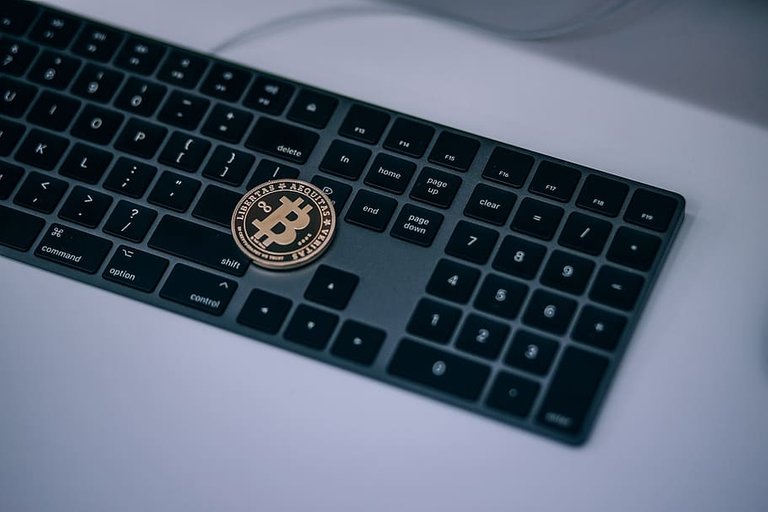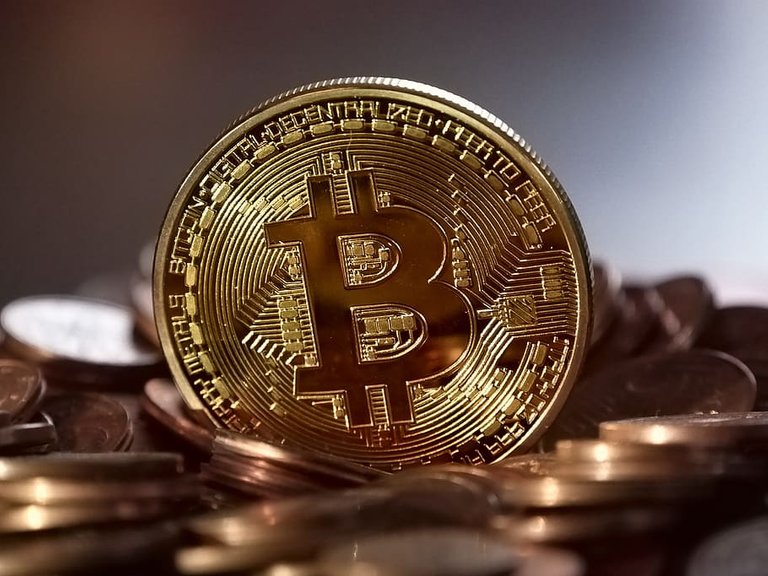Satoshi Nakamoto, alias of the unknown creator of Bitcoin, designed it in such a way that it can never be more than 21 million coins. This will ensure that Bitcoin will retain its value over the long term as the number of coins will be finite.
By 2140, the last bitcoin should be minted, and no new bitcoin would be created after that, even if there is a high demand for them. If the law of supply and demand is to be followed, the price of a cryptocurrency can rise significantly when it reaches a fixed amount.

Source
A look at Bitcoin history indicates that the price increase is most likely due to the halving event that takes place every four years. Mining becomes less profitable after each halving, as investor interest increases and the price of BTC also rises. This reinforces the theory that the price of BTC could continue to rise as supply shrinks and events halve.
Other factors may also play a role in pricing BTC, such as regulations. If the crypto sector receives favorable rules around the world, it could expand Bitcoin acceptance and increase the price and value of the leading cryptocurrency.
After the last bitcoin is mined, miners will stop receiving rewards from the blockchain, but instead, they earn money to secure the network and authorize transactions. There are some who believe that receiving transaction fees would not be sustainable for miners when they stop receiving rewards.
Some miners would sooner turn to transaction fees as mining becomes more difficult due to the difficulty of blocking and the high cost of electricity and mining equipment. There are proposals to increase transaction fees to ensure that miners continue to operate on the Bitcoin network even when the last block is mined.

Source
Why some are looking for an increase in the BTC limit
Some proponents of the crypto sector believe that the total number of BTCs should be raised above 21 million, restrictions set by Satoshi. Peter Todd, a well-known Bitcoin developer, recently suggested to the community that 21 million restrictions should be removed:
The developer believes that cryptocurrency should have a monetary inflation tax (reward block) to allow it to pay for network security. While some crypto enthusiasts suggest that people would walk away from Bitcoin if it had an inflation tax, Todd noted that it already has a 4 percent inflation tax and no one is giving up.
The concern of some developers such as Todd is that once the last BTC is mined and miners stop receiving block rewards, then they will not necessarily be motivated to secure the blockchain and approve transactions.
Currently, several variables affect the Bitcoin ecosystem. Bitcoin users and investors do not want taxes and high inflation, while miners want to ensure that their mining efforts remain profitable.
This post earned a total payout of 2.438$ and 1.219$ worth of author reward that was liquified using @likwid.
Learn more.
You got a 50.00% upvote from @redlambo courtesy of @zumed! Make sure to use tag #redlambo to be considered for the curation post!
You got a 100.00% upvote from @bid4joy courtesy of @zumed!
This post has received a 51.52 % upvote from @boomerang.
You got a 100.00% upvote from @whalepromobot courtesy of @zumed!
You got a 100.00% upvote from @minnowvotes courtesy of @lawns!